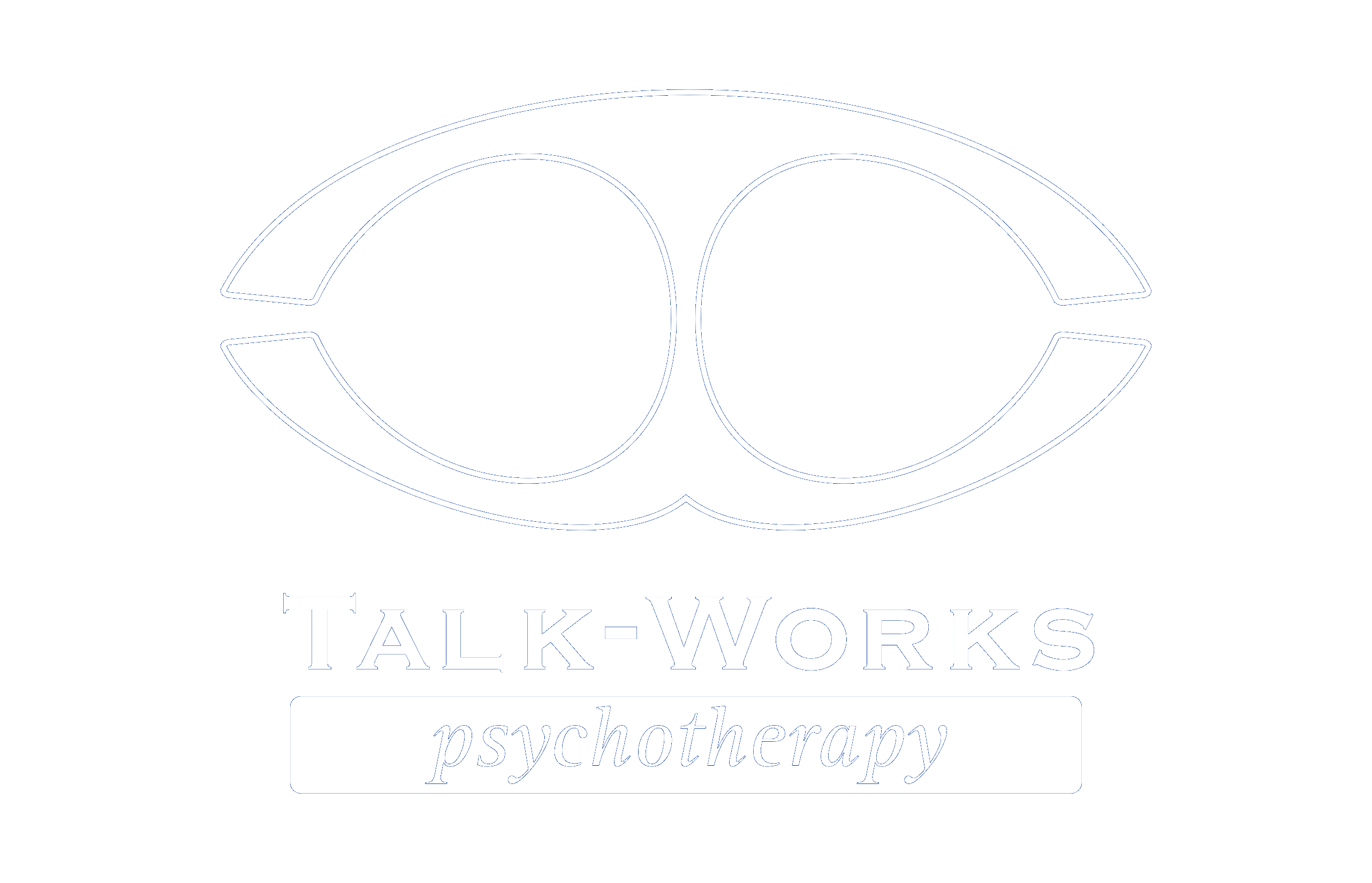Feeling OK about ourselves
Feeling OK about ourselves
Many of us carry a feeling that we are not quite good enough, that we put on a pretty good act, but at any moment we may be unmasked.
It’s like we feel like a fake, everyone else seems to know what they are doing yet we are making it up as we go. Somehow we were never given the handbook.
This is a heavy load to bear. The fear of being found out lurks behind the most innocent of doors.
Are you familiar with that sinking feeling in the pit of your stomach? Maybe for you it’s a heart in the mouth moment, or a tightening of your chest, or the hairs on the back of your scalp standing up, or going cold, or getting hot, or your mouth going dry, or your mind goes blank? Whatever the feeling is for you it’s often associated with a sense of dread.
What can trigger us into this state?
Often it arises in comparisons. We see others and conclude that they are better (or sometimes worse) than us. This can be about our physical appearance, practical abilities, ethnicity, age, gender, aptitudes, intelligence, wealth, status and apparent achievements.
Sometimes it is triggered by events. We are misunderstood, stereotyped, humiliated, belittled, singled out, violated or ignored.
Maybe we have memories or a history of being bullied, abused, loneliness, addiction, scars, family secrets or betrayals.
Often it is a critical part of us that stands, wagging a finger of disapproval at our status, or sexual performance, or relationships, or self control. We can feel driven to perfectionism or maybe to disengage from the hurley burley of life.
If you recognise any of this, you are not alone. Lurking behind many of these aprehensions is a feeling known to almost everyone but not so easy to understand, called shame.
Considering how much pain is created from shame it begs the question “is there any valid purpose for it”?
The best explanation I have heard is that it serves a purpose within society, to keep us cohesively bonded by signalling when a social transgression has occured. Provided the ‘violation’ is acknowledged and repaired with compassion then the social ties are reinforced and strengthened. This is what may be regarded as healthy shame. What we have been discussing up to now could therefore be called unhealthy shame.
Here might be a good place to propose a difference between shame and guilt. They often feel so similar it can be helpful to differentiate them.
Guilt seems to be about our behaviours and actions: “I feel guilty because I did a bad thing”.
Shame seems to be about our very essence and identity: “I feel shame because I am a bad thing”.
We instinctively know that the response to guilt is to make amends, to put things right, to offer a heartfelt apology. But what about shame?
The good news is that we have a natural defence against shame and it’s called pride.
But let’s be careful, rather like shame, there are two types of pride: healthy and unhealthy.
Unhealthy pride is a kind of wallpaper over shame. We use words like grandiosity, conceit, vanity and arrogance. I guess this is the kind of pride that comes before a fall!
There is a healthy kind of pride however, a level headed appreciation of our gifts and talents. We can reflect on our achievements, resilience and contribution. Connect with our inner exuberance, humour and compassion. Acknowledge our creativity, resourcefulness and perseverence.
This is not to become over inflated. If it’s true, it’s true, and there’s no shame in knowing it. (See what I did there?)
There are some wonderful sources of wisdom on this subject like Christiane Sanderson and if you have 20 minutes to invest, why not watch this dazzling TED talk by Brené Brown.


